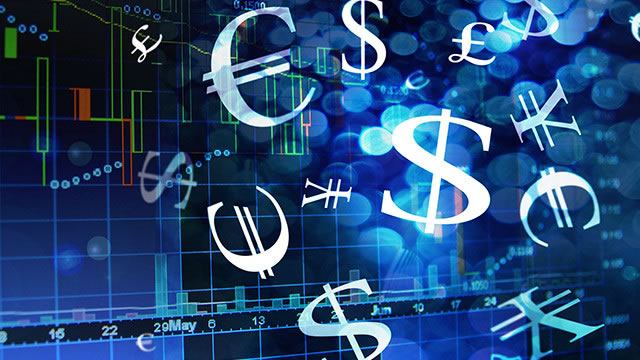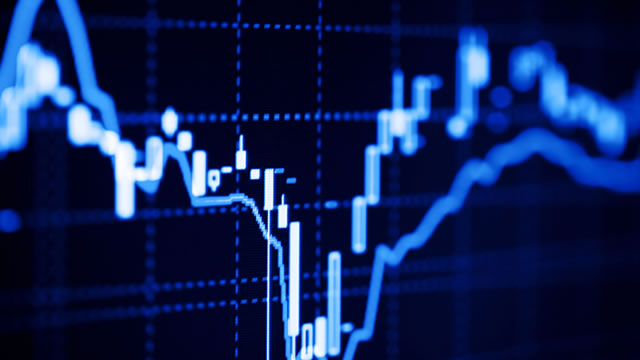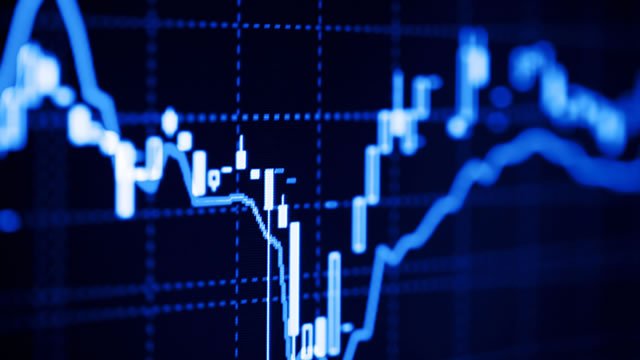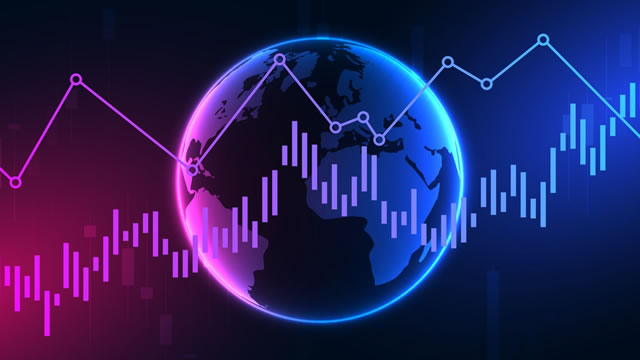The Unexpected Storm: A New Chapter in Global Trade
As March comes to a close and the first blooms of spring begin to peek through the thawing earth, the global economy faces an unexpected storm. Equity markets around the world have started the week on a sour note, with investors growing increasingly anxious about the upcoming events on the economic calendar.
Liberation Day: The Tariff Reveal
At the heart of this uncertainty lies April 2nd, a date that has been dubbed “Liberation Day” by some in the financial world. This is the day when the Trump administration is set to unveil the long-awaited reciprocal tariffs to the rest of the world. The exact details of these tariffs are still shrouded in mystery, but one thing is clear: they are likely to have a significant impact.
Impact on Your Portfolio
For individual investors, the potential implications of this announcement are multifaceted. On the one hand, some sectors of the economy may see a boost as a result of protectionist measures. For example, domestic producers in industries that have been heavily impacted by foreign competition might see a surge in demand for their goods and services. However, other sectors could face significant headwinds.
- Stocks that are heavily exposed to international trade could experience significant volatility. Companies that rely on imports or exports for a large portion of their revenue may be particularly vulnerable.
- Currencies could also be affected. The value of the US dollar, for instance, could rise in the short term if investors perceive the tariffs as a sign of US economic strength.
- Interest rates could also be influenced. If the tariffs lead to inflationary pressures, the Federal Reserve may be forced to raise rates to keep prices in check.
Impact on the World
The effects of the tariffs are not likely to be contained within the US borders. The global economy is increasingly interconnected, and protectionist measures by one major player can have ripple effects around the world.
- Trade tensions could escalate. Other countries may respond with their own tariffs, leading to a tit-for-tariff trade war.
- Supply chains could be disrupted. Companies that rely on global supply chains could face increased costs and delays.
- Economic growth could be impacted. Protectionist measures can lead to a decrease in trade, which can in turn lead to a slowdown in economic growth.
Conclusion: Navigating the Uncertainty
As we approach Liberation Day, it’s important for investors to stay informed and adapt to the changing economic landscape. While it’s impossible to predict exactly how the tariffs will play out, being prepared for various scenarios can help mitigate potential losses. Staying diversified and keeping a close eye on global economic developments are key strategies for navigating the uncertainty.
In the end, the global economy is a complex and ever-evolving organism. While there may be storms on the horizon, there are also opportunities for growth and innovation. As investors, it’s our job to weather the storms and seize the opportunities.





